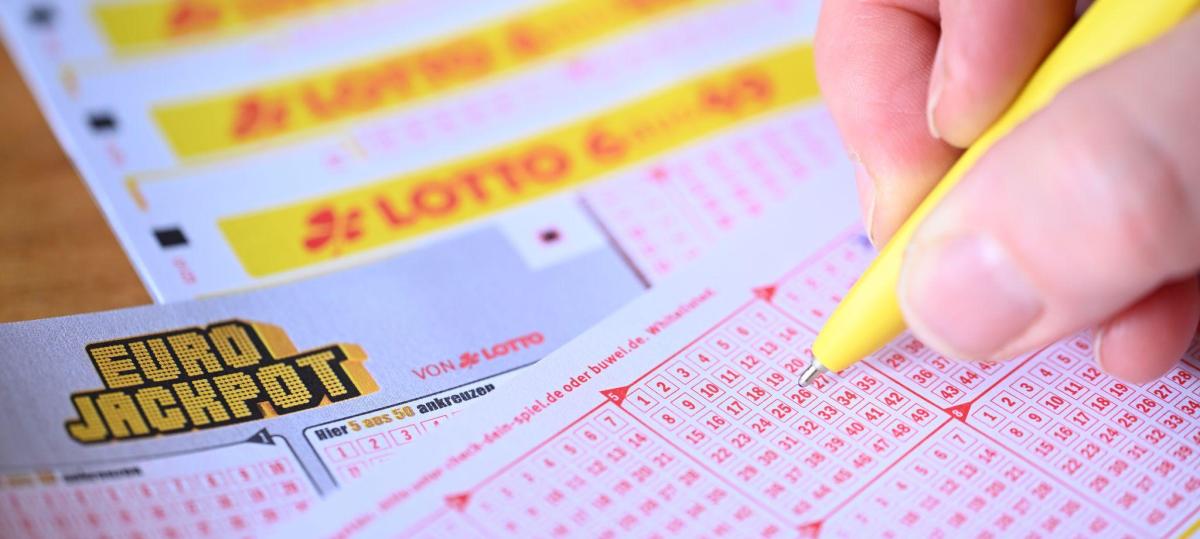Henk Slebos was the best friend and supplier of the Pakistani atomic spy Abdul Khan
:format(webp)/s3/static.nrc.nl/bvhw/files/2021/12/data77269043-81a1e6.jpg)
Henk Slebos was an entrepreneurial man. He traded in wine, fertilizer, frozen chickens, protective paint for boats and equipment with which an atomic bomb could be made. He sold that material to his study friend Abdul Qadir Khan, the Pakistani 'atomic bomb'Who led the atomic program of his country with knowledge gained in the Netherlands. For his illegal trade with Pakistan, Slebos was sentenced twice to a prison sentence. He died on February 23 in the Oudtburgh care home in Bergen, at the age of 82.
Slebos was born in Elburg in 1943 and switched to Metalkunde in 1963 after a propaedeutician aircraft construction at the Technical University in Delft, where he met Khan. They became friends. Initially, after their studies, they went their own way of their own, but they met again at Ultra Centrifuge Nederland (UCN). This company was part of hoursco, the Dutch-British-German partnership to enrich uranium. Both Slebos and Khan worked for Dutch suppliers of UCN.
Read also
Pakistan says goodbye to Abdul Qadeer Khan, « The father of the Pakistani atomic bomb »
After a holiday in Pakistan, Khan did not return to his employer at the beginning of 1976 – the physical dynamic research laboratory (FDO) in Amsterdam – and took the lead from the atomic program of his country. Frits Veerman, Khans colleague at FDO, had been suspected for some time that the Pakistani spyed, but his warnings to his managers and the Interior Security Service (BVD) were put aside. Whistleblower Veerman was even told that he had to keep his mouth shut. The BVD and the CIA would have Khan in the Saten.
Balance
The fled spy cherished the ties with his friend Henk. Slebos regularly visited him and provided Khan via Slebos Research BV, or one of his other companies, with the machine parts that Pakistan needed to enrich uranium and to build an atomic bomb. At the Pakistanis he came to be known as 'Hanks'.
Slebos' Motivation for his actions, so told he later on journalists from the TV program Zemblawas the fact that Pakistan's neighbor India also had an atomic bomb. It was better for the balance of power if the Pakistanis also had this ultimate weapon, he thought. Perhaps it also played a role that he « was in front of it financially, » as he later stated to the judiciary.
In a recording from 2002, where NRC Handelsblad At the time, Slebos said about his trade with Khan: « I delivered him (…) the entire Santenkraam, the entire area from electronics to the whole gross construction, all kinds of things in which it was not forbidden to act. »
That was not the whole story, because he also sold material that the Netherlands was not allowed to leave. In 1985, Slebos was convicted of carrying out a cathode beam oscilloscope without a permit, measuring equipment that can be used in an ultra-power factory where high-enriched uranium-the basic ingredient for an atomic bomb-is made. This illegal export earned him a one -year prison sentence, which was converted into six months conditional and a fine on appeal.
Commotion
There was no deterrent effect of this, because Slebos continued his trade with Pakistan. He maintained the narrow ties with his « best friend » Khan too. In 1988 the duo in the Netherlands was found together in a car. Khan was convicted for espionage five years earlier, but that conviction was destroyed due to a form error on appeal. That is why he was not taken to a prison, but to Schiphol, where he had to leave the country as an undesirable stranger.
Slebos couldn't do it all: he continued his activities. In 1998 – the year that Pakistan exploded his first nuclear bomb – there was commotion when five loads were stopped in the Netherlands, Belgium and Germany of goods he had shipped to the Pakistanis. In the same year, Khan and his Dutch friend were spotted in Dubai and Mali – an important location of uranium.
Slebos' persistent in the trade with Pakistan came to be in prison again in 2005 – a year, of which he had to sit out for four months this time.
Accusations that he was involved in the supply of Pakistani atomic secrets to Iran, Libya and North Korea, he was awarded. The fact is, however, that the technological knowledge sold by Pakistan has ended up there illegally.
Read also
The friend of an atomic spy

:format(webp)/s3/static.nrc.nl/wp-content/uploads/2024/12/20123214/data125690560-fdc759.jpg)
:format(jpeg):fill(f8f8f8,true)/s3/static.nrc.nl/taxonomy/bf9b707-commentaar-itemafbeelding-2024.png)
:format(jpeg):fill(f8f8f8,true)/s3/static.nrc.nl/podcasts/wp-content/blogs.dir/131/files/2021/03/haagsezakenfeatured.png)




